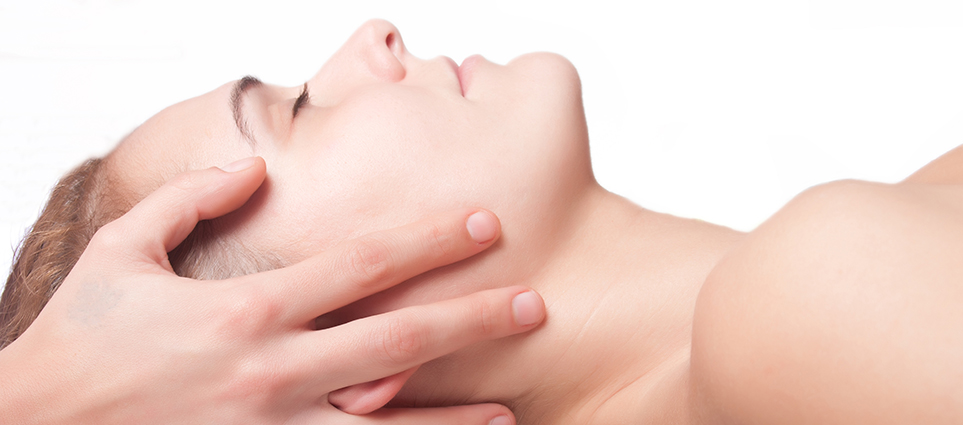
We recommend visiting our osteopath as soon as you are ready, though it’s best to schedule an appointment within the first six weeks after giving birth to take advantage of the still-circulating hormone, relaxin, which helps your body to respond really well to treatment. Osteopathy after childbirth can help address any remaining discomforts or pain from pregnancy or birth to ensure your body is in good physical condition for the demands of early parenthood.
Childbirth takes a massive physical toll on the body and osteopathy after childbirth is a supportive and body responsive way to get the help you need to recover. Our osteopath can ease any remaining discomfort, pain or physical restrictions from pregnancy or childbirth and prepare your body for carrying and caring for your new baby with ease.
Yes, we highly encourage it! During the first six weeks after birth, the hormone relaxin circulates, allowing your body to align as optimally as possible. Osteopathic treatment can ensure your body recovers successfully and remains in strong condition.
During the first 6 weeks after the birth of your baby, circulating levels of the hormone relaxin from your pregnancy remain quite high, so it is an opportunity to be as aligned as your body is ever going to be. As the relaxin levels reduce, a lack of optimal alignment can present lasting issues so it is worth addressing as soon after birth as you are able to make an appointment. Osteopathy after childbirth will also help you to recover from any remaining discomforts or pain from pregnancy or birth as well as ensure your body is in good physical condition as the strain of carrying and caring for your baby takes its toll.
We recommend that you make an appointment with our osteopath for both you and your baby as soon as you are ready to visit us.
Paediatric care is an important component of osteopathy. It involves assessing your baby for effects from the forces of birth or any interventions that were necessary, promoting recovery and supporting the physical changes of rapid development and growth.
During normal labour an infant’s head is subjected to very large compressive forces. In order to move through the birth canal and to accommodate these compressive forces, the baby’s head undergoes a process of ‘moulding’, in which the bones of the skull overlap, bend and warp. After birth, the skull begins to re-expand and un-mould to return to its normal shape, assisted by the baby crying, suckling and yawning. The head gradually loses most of the moulding pattern during the first ten days of life.
Retained moulding from birth can leave a baby with varying degrees of discomfort which may present in a variety of ways. The effects are very individual, and some babies cope better than others. In some cases even quite severe moulding strains may cause no apparent problem as a young baby, but may predispose the child to other problems as they grow up. Assisted births, such as forceps, vacuum extraction and caesarean section present special problems and require early assessment to address problems arising from the birth, particularly issues of the neck and skull.
You may notice your baby expresses its discomfort as
These signs usually persist despite all other causes of disturbance being addressed (hunger, holding, nappy, wind, etc.).
As a child grows, untreated effects of birth (particularly difficult births and interventions) can cause continuing or increasing discomfort. Imbalances in body symmetry can create stress and tension that leaves your child feeling restless, fidgety, unable to sit still, concentrate or focus easily on tasks. Young children in particular may not be able to articulate that they experience pain or discomfort, especially if it has been with them since birth. As they grow, children will naturally experience accidents and falls which can leave lasting stress in the body. A sensitive osteopath can work gently to relieve tensions and gradually restore symmetry, balance and reduce pain and discomfort.
There are a range of conditions which respond well to osteopathic treatment and care. Contact us for more information or to make an appointment with an osteopath.